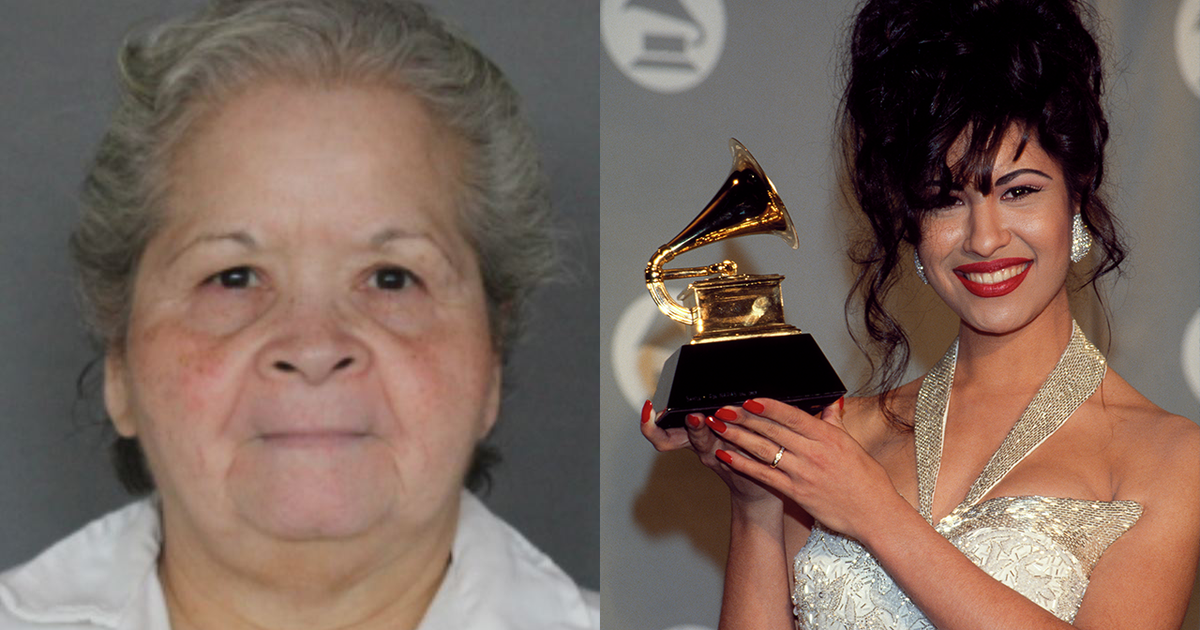On the morning of March 31, 1995, the American singer Selena Quintanilla-Pérez was shot and killed at the Days Inn in Corpus Christi, Texas. Selena became famous in the late 1980s and early 1990s, having been crowned the “Queen of Tejano Music” and becoming one of Latin music’s most successful touring acts. After being shot, Selena was rushed to the hospital, but she had already bled too much and died. She was 23 years old. Selena’s killer, Yolanda Saldívar, had shot her in the back after returning Selena’s financial documents. They were records Yolanda had while running the fan club and boutiques, where the embezzlement happened.
Saldívar started as a huge fan of Selena. She became president of Selena’s fan club in Texas, which had over 1,500 members. Selena later hired Saldívar as head designer of her fashion brand. It was said that Selena trusted Saldívar so much that she had given Saldívar keys to her house, which she shared with her husband, Chris Pérez. Unfortunately, Saldívar used this power to embezzle money. After confronting Saldívar about this at the Days Inn, Yolanda shot Selena.
On October 23, 1995, a jury convicted Saldívar of first-degree murder. Saldívar testified that she had intended to kill herself during the confrontation with Selena, but the gun misfired. She was sentenced to life in prison with the possibility of parole after 30 years. “After a thorough consideration of all available information, which included any confidential interviews conducted, the parole panel determined to deny parole to Yolanda Saldívar and set her next parole review for March 2030,” the board said in a statement.
Saldívar, 64, is serving a life sentence for the singer’s 1995 murder at a prison in Gatesville, Texas, about 100 miles north of Austin. Her case was placed into parole review in recent months based on the amount of time she has served in prison, which began when she was first detained, and because the offense for which she was convicted allowed for parole consideration, according to the Texas Department of Criminal Justice.
“The record indicates that the instant offense has elements of brutality, violence, assaultive behavior, or conscious selection of victim’s vulnerability indicating a conscious disregard for the lives, safety, or property of others, such that the offender poses a continuing threat to public safety,” the parole board said in a statement.
“The board will oftentimes have individuals denied parole over and over because of the nature of the offense. That’s one of the bases on which parole can be denied. But that’s a static factor that’s never going to change,” Gaebler said. In Saldívar’s case, the parole board cited the nature of the offense as the reason for their denial.
When the Quintanilla family and Pérez heard about the parole board decision, they said in a joint statement shared on their social media platforms, “Today, we are grateful that the Texas Board of Pardons and Paroles has chosen to deny parole for Yolanda Saldívar. While nothing can bring Selena back, this decision reaffirms that justice continues to stand for the beautiful life that was taken from us and millions of fans around the world far too soon,” they added.
Even after her death, Selena still plays a significant part in many people’s lives. “She’s still beloved and she’s still a story and person that people want to continue to remember and keep her legacy alive,” Alemán said. “I also think that it means that the community that she belonged to, that she identified with, is still thirsty for representation.”
Sources:






















